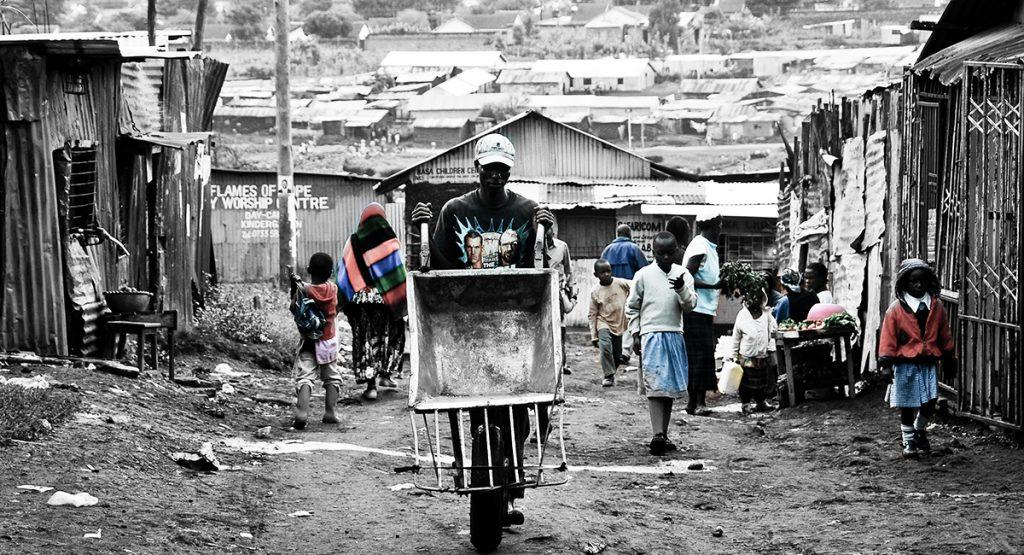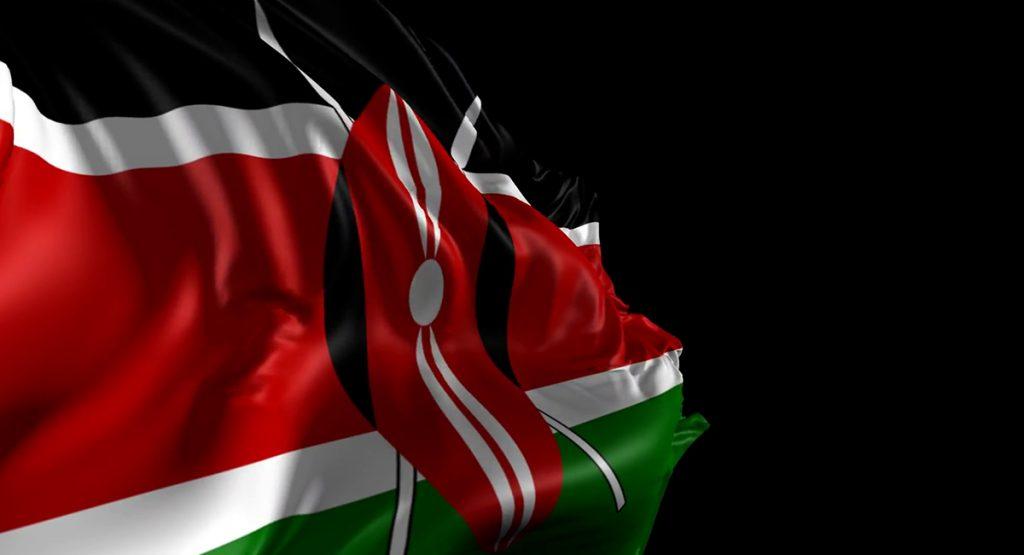With the coronavirus pandemic ravaging the world and changing peoples’ lives in many ways, the education sector is arguably the most hit. In conforming with the new normal, most schools have adopted online learning as a way to continue engaging their learners.
Whereas the adoption of online learning was adopted with noble intentions, the opposite has been the reality for many learners across the nation. For many, it has been a nightmare to attend lessons convened online leading to a feeling of alienation and disenfranchisement from the institutions they had put their trust and faith in. Many of them have been left to their own devices with very little done to mitigate their suffering.
Think with me, is it probable that with the high costs of data bundles and versatile devices required to access the lessons coupled with the cognizance necessary to navigate the platforms on which classes are held, that a young person in an impoverished neighborhood can possess all of the above in these hardest of times when livelihoods and lives have been lost? I think not.
For those in rural areas, the network signal is poor and in some cases zilch. Electricity connectivity in most of these areas remains low and thus many learners do not have a reliable power supply for the devices they are to use in their classes. This is no bloviation but a reflection of as-is on the ground.
By technical learners who have no access to the aforementioned, compulsory online classes and examinations are discriminatory. The Constitution of Kenya, 2010 though Article 27(4) outlaws discrimination of persons on several grounds including social origins. Further, it is only right that quality and affordable education is availed to all regardless of social standing if education is to be the equalizer of the conditions of men.
However, this is not to imply that learners should completely stop their educational discourses. Those with access to the online learning resources should continue doing so but the institutions running them should not make them compulsory for all and if they must, then they should lay down measures to ameliorate and enable those who cannot access them easily and seamlessly access them.
Kibet Brian is a student at the University of Nairobi, School of Law in Parklands. He comments on topical issues with a bias for Tax, Social, and Administrative Justice.
Twitter – @Kibett_Brian | Facebook- Ki-Bett Brian



